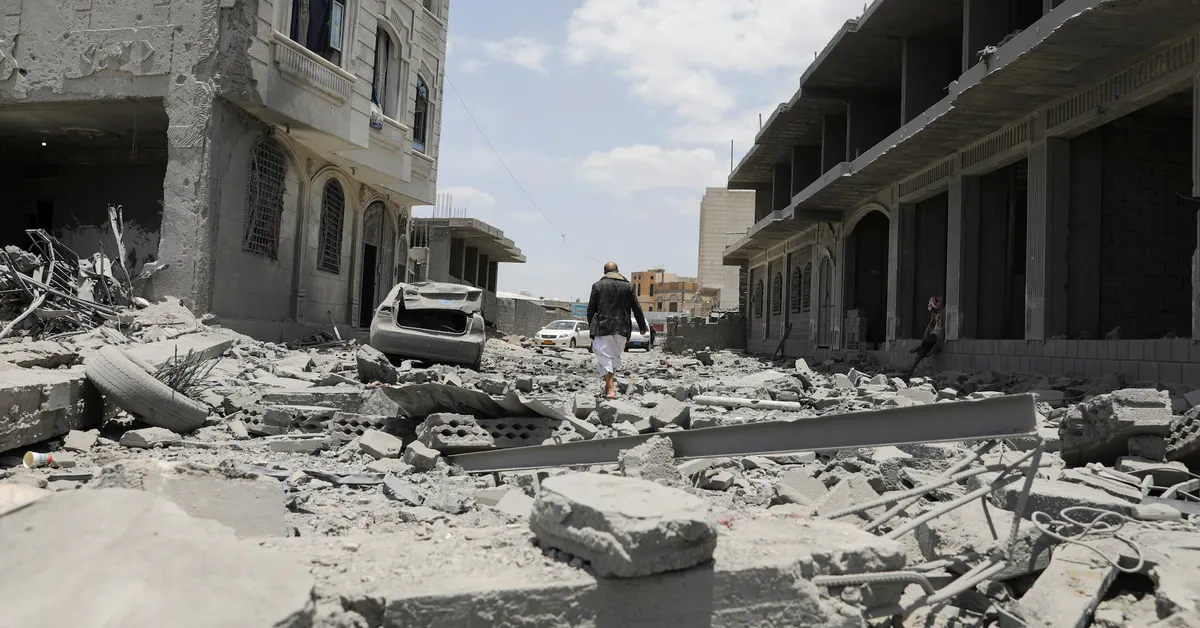
On April 27, the U.S. military announced that it will not disclose specific details regarding its military strikes in Yemen. This decision comes as a measure to maintain operational security, while the military confirmed that these strikes have had lethal effects on the Iran-backed Houthi rebels. President Donald Trump ordered an escalation of these military actions last month, with the aim of continuing the assault on Houthi forces until they cease their attacks on shipping in the Red Sea.
Recent military operations have resulted in significant casualties among Houthi forces. Notably, a strike in mid-April resulted in the deaths of 74 individuals at an oil terminal, marking it as the deadliest strike in Yemen under the Trump administration, according to reports from the Houthi-run health ministry. Human rights advocates have raised serious concerns regarding the potential civilian casualties resulting from these military actions. In response, three Democratic senators, including Senator Chris Van Hollen, sent a letter to Pentagon chief Pete Hegseth on Thursday, demanding accountability for the loss of civilian lives.
In a statement, U.S. Central Command emphasized the importance of operational security, stating, "To preserve operational security, we have intentionally limited disclosing details of our ongoing or future operations. We are very deliberate in our operational approach, but will not reveal specifics about what we've done or what we will do." This cautious approach has raised eyebrows, especially after it was revealed that Hegseth faced criticism for using the unclassified messaging system Signal to communicate plans regarding the Yemen attacks.
The U.S. military claims to have struck over 800 targets since mid-March, asserting that these operations have resulted in the deaths of hundreds of Houthi fighters and key leaders, as well as significant damage to the group’s facilities. The primary objective of these strikes is to undermine the Houthi military and economic capabilities while aiming to minimize harm to civilians. On April 20, the military clarified that a blast near a UNESCO World Heritage site in the Yemeni capital of Sanaa was due to a Houthi missile, refuting claims of an American airstrike that resulted in civilian deaths.
The Houthi rebels have been active in Yemen for over a decade, seizing control of large territories. Since November 2023, they have increased their attacks on vessels in the Red Sea, asserting that they are targeting ships connected to Israel. They claim these actions are in solidarity with Palestinians in Gaza, where ongoing conflict has resulted in significant loss of life—over 51,000, according to the Gaza health ministry. The latest escalation in the Israeli-Palestinian conflict was sparked by an attack from Hamas militants in October 2023, which resulted in 1,200 Israeli deaths and approximately 250 hostages taken.
The evolving situation in Yemen continues to draw international attention, with calls for accountability and concerns over the humanitarian impact of ongoing military operations. As the U.S. military navigates the complexities of this conflict, the need for transparency and the protection of civilian lives remains a critical issue.